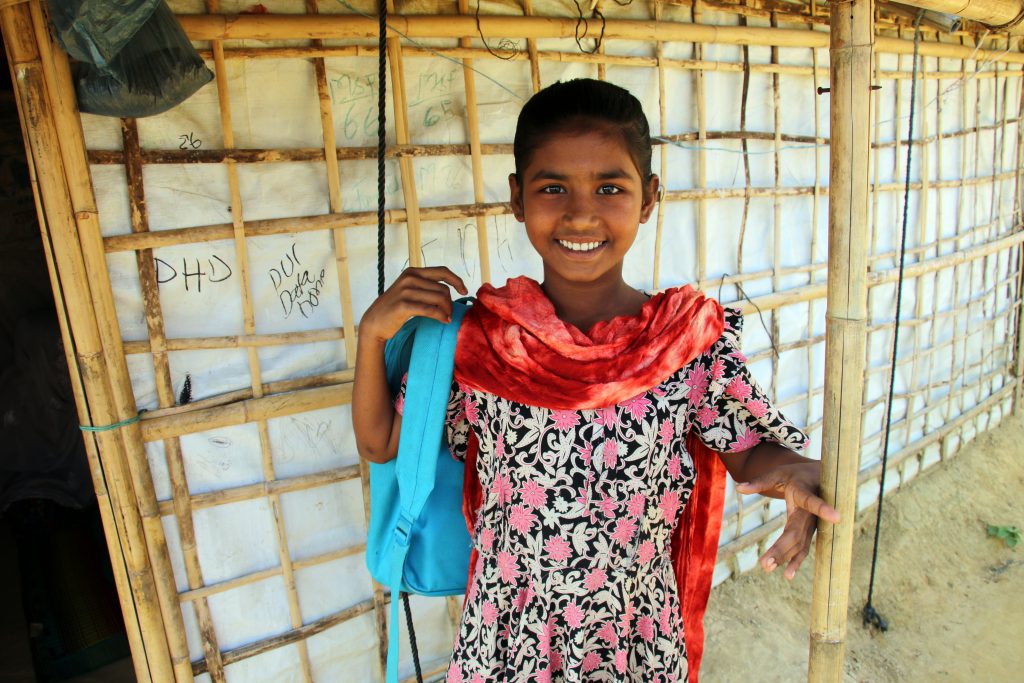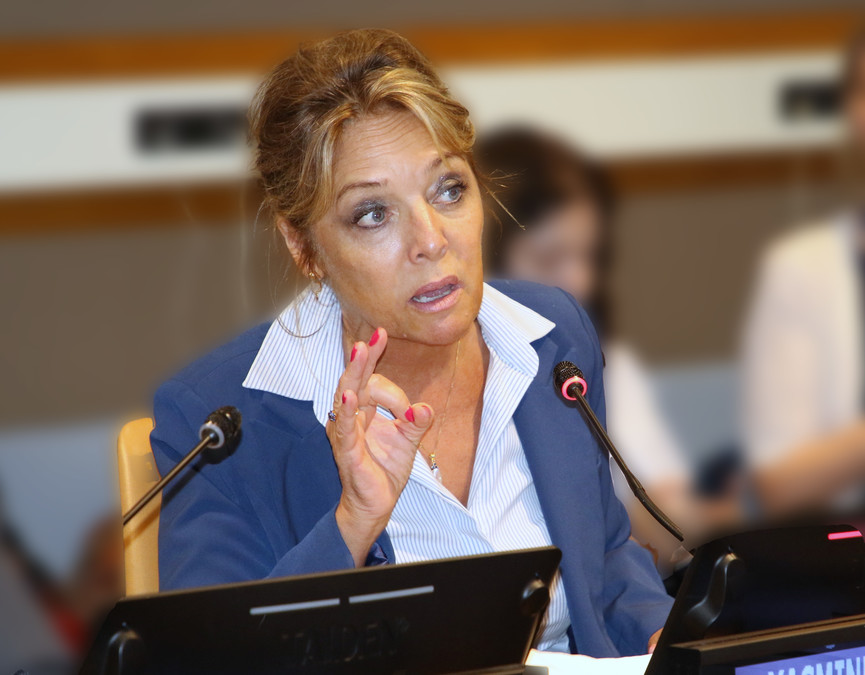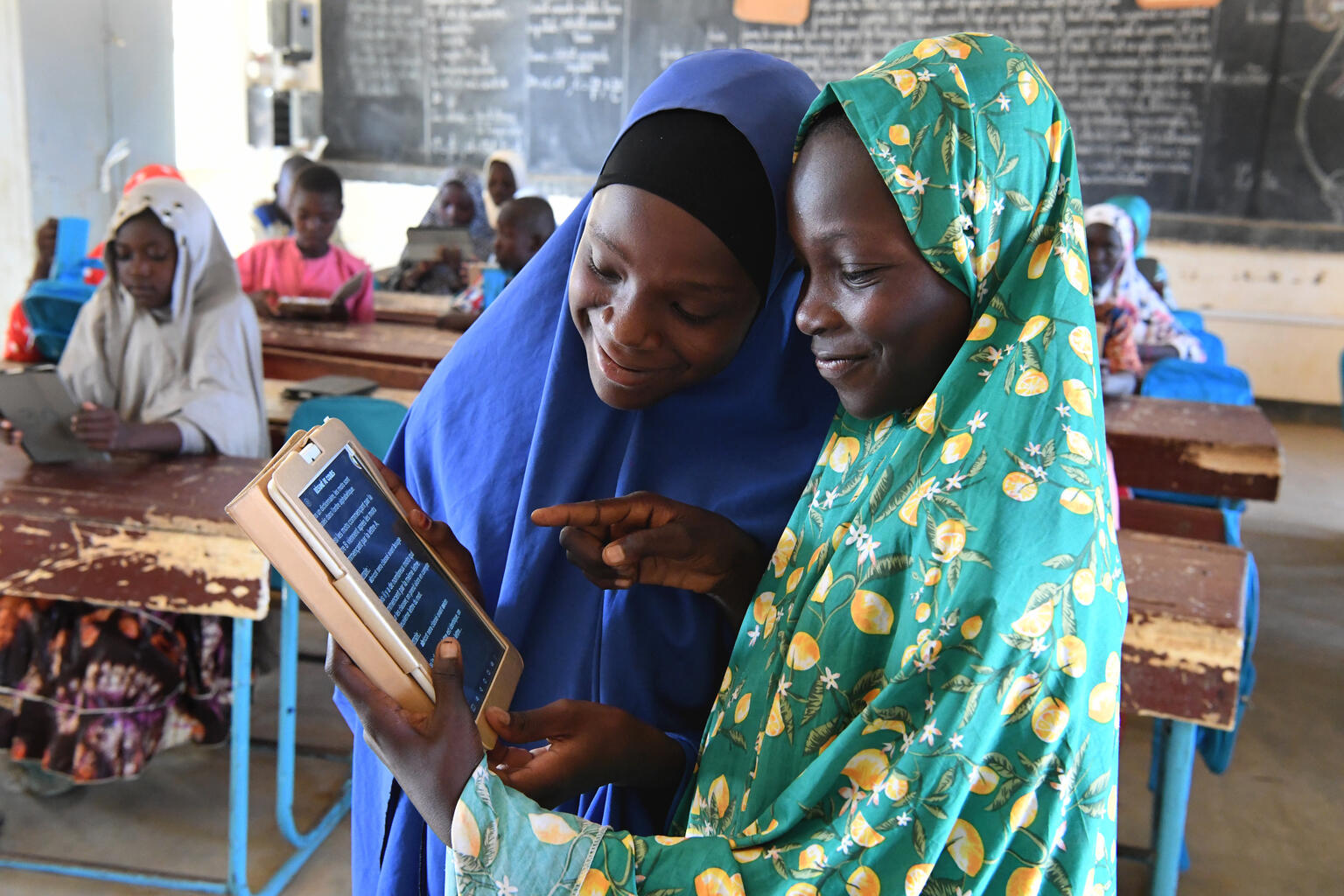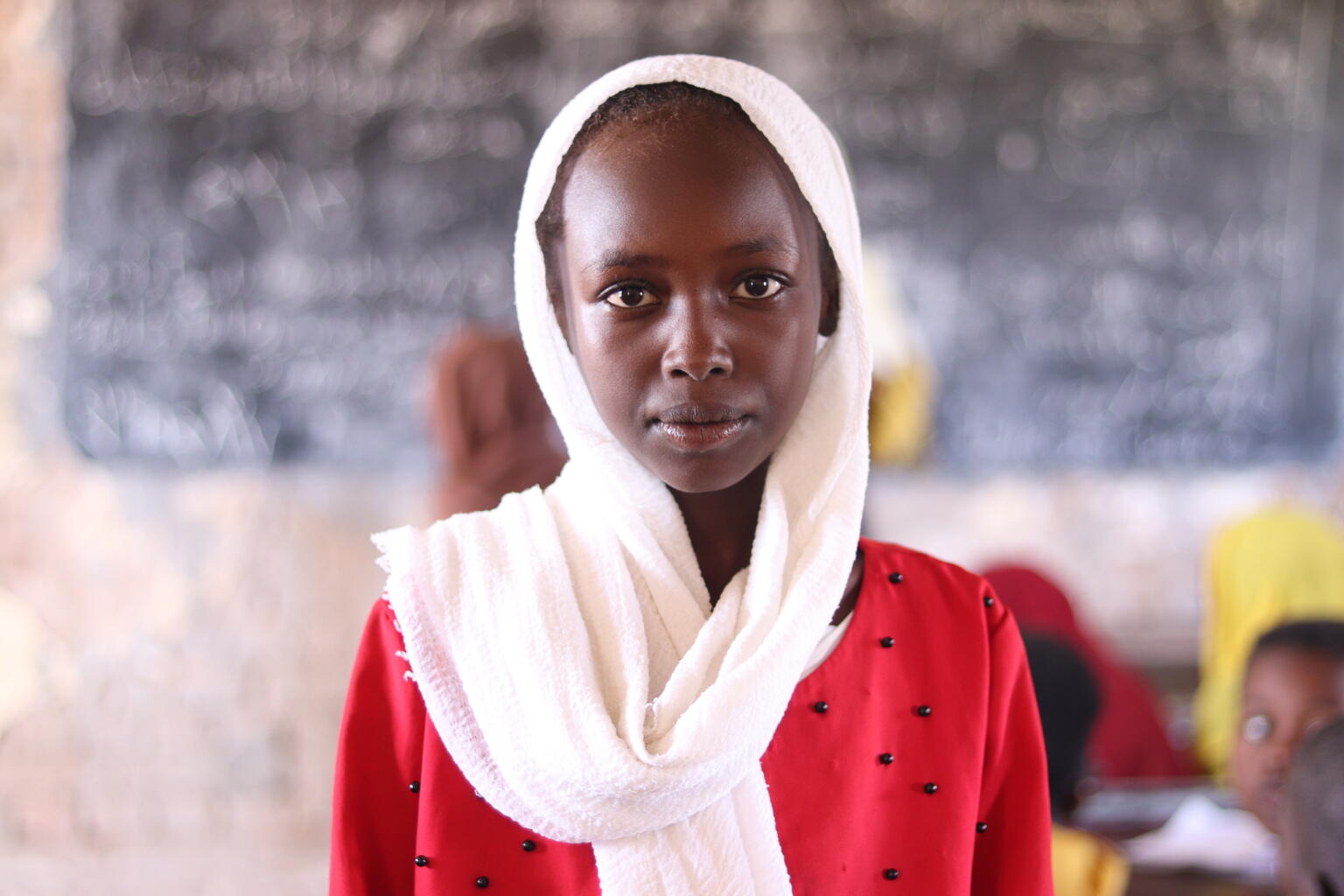Delivering Education in Crises

Yasmine Sherif, director of Education Cannot Wait, contends that for children and youth in crises, genuine survival depends not only on meeting basic physical needs, but also on ensuring access to quality education and the opportunity for a productive future.
Special contribution by Yasmine Sherif, Director Education Cannot Wait to the Commonwealth Education Report 2019
The 75 million children and youth in humanitarian crises have challenged us to make good on our promise to leave no one behind. The Commonwealth is neither immune, nor shies away from this challenge. It is afflicted by emergencies and protracted crises due to conflict and natural disasters. It is also the place where solutions are produced. Countries such as Canada and the UK are the driving force behind the historic 2018 Charlevoix Declaration on the quality of education for girls, adolescent girls and women in developing countries. At Education Cannot Wait (ECW), a global fund for education in emergencies and protracted crisis established by the World Humanitarian Summit in 2016, we embrace the ethos of the Declaration and commit to reaching eight million children and youth in crises with quality education by 2021.
Having served for 30 years in some of the most conflict-affected areas in the world and led ECW since 2017, I am convinced that quality education for children and youth in crises is key to unlocking the Agenda for Humanity and the Sustainable Development Goals Agenda 2030. At present, some Commonwealth countries are coping with significant humanitarian challenges. In Uganda, 1.3 million refugees, of whom half are children, are displaced due to conflict in South Sudan and neighbouring countries. Since 2017, Bangladesh has struggled to provide education for over 400,000 Rohingya refugee children and youth. As of early 2018, in Cameroon, more than half of the 3.3 million people in humanitarian need are children. In Nigeria, more than six million people – of whom 45 per cent are under the age of 15 years old – are now displaced due to protracted conflict. In Papua New Guinea, more than 23,000 school children were challenged to stay in schools affected by the 7.5 magnitude earthquake in February 2018. Safety, dignity and the right to thrive are at risk for these children and youth.
While survival requires access to clean water, adequate food, decent shelter and medical attention, survival also depends on education and attainment of human potential. Education is vital for the next generation to move beyond crisis mode and prepare for a productive future. The notion that no children and youth are deprived of learning opportunities because of crisis, is a constant reminder of the kind of future that the Commonwealth aspires to achieve: one of fairness and inclusion that ensures every child has at least 12 years of quality education. Understanding the full spectrum of challenges faced by these children and youth in accessing quality education, and hence their role in building stable and productive societies based on democratic governance, the rule of law and social cohesion is imperative to ECW.
Humanitarian crises do not only create, but also perpetuate inequality and exclusion. Yet, meeting the needs of children and youth in humanitarian crises is often seen as adding to the deficiencies of the education system; many are perceived as burdening the already overcrowded schools and contributing to high student-teacher ratios. Teaching methods, curriculum and staff may not address the specific challenges these children and youth face, including trauma and loss of sense of purpose and self-worth. Refugee children and youth tend to experience low levels of educational attainment in their country of origin, constant mobility due to repeated displacement, being over age for their grade level and having little hope for upward professional and social mobility due to interrupted education. Girls are more likely to be excluded from education than boys, and few complete secondary education due to a host of barriers. These include, but are not limited to, violence associated with unsafe travel to schools, rape as a means if warfare, schools without sanitation facilities, teachers who demand sex for grades and early marriage. All of these factors represent very real barriers to girls’ education and need to be holistically addressed. This requires analysis that is more specific than disaggregation of data by gender, to include factors such as: age, ethnicity, marriage status, sexual orientation, disability, educational attainment, and time lived in a protracted crisis.
Solutions to reducing vulnerabilities and increasing resilience through education cannot be one dimensional. They require crisis sensitivity and connecting the dots in tackling crisis-induced vulnerabilities and threats. As such, ECW’s approach resonates fully with the approach of the Commonwealth in implementing 12 years of quality education and learning with girls’ education at the forefront. Together, we address the gendered and environmental dynamics of the complex needs of those left furthest behind. We focus on learning outcomes and prioritise gender, protection and disabilities through coordinated joint programming across the human-development nexus. We tap into the expertise and added value of host governments, multiple UN agencies and nongovernmental organisations and strengthen local capacity to respond to education needs. This multi-prong approach allows us to achieve quality education for greater impact, honour the Grand Bargain (an agreement between more than 30 of the biggest donors and aid providers, which aims to get more means into the hands of people in need) and nurture the resilience of those left furthest behind, through collective action.
In the words of a young Rwandan woman, Amelie Fabian, who recently spoke at the 73th UN General Assembly: “When you give us education, you give us power to decide our fate”. Previously a refugee, she completed her primary and secondary education in Malawi, graduated from university and now works in one of the most-renowned business firms in Canada. As her journey of empowerment shows, collectively, we can and must enable the Commonwealth’s children and youth who are coping with crises to attain the future they deserve – by accessing the opportunities we owe them.




